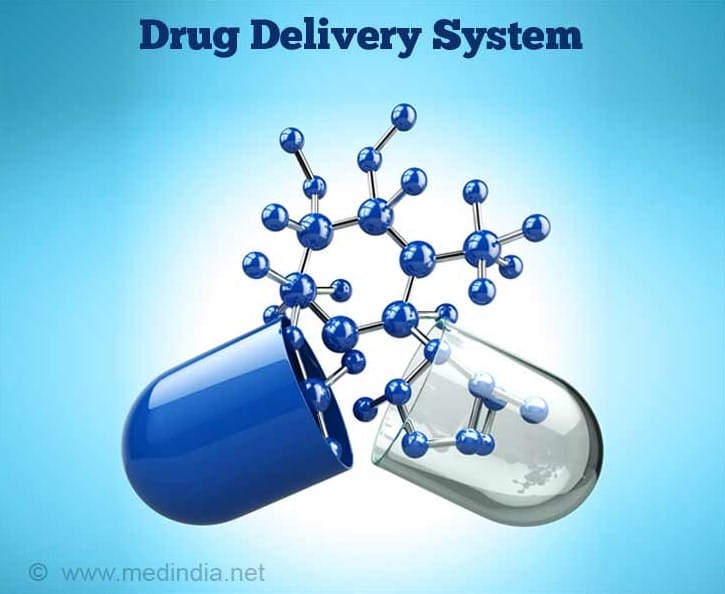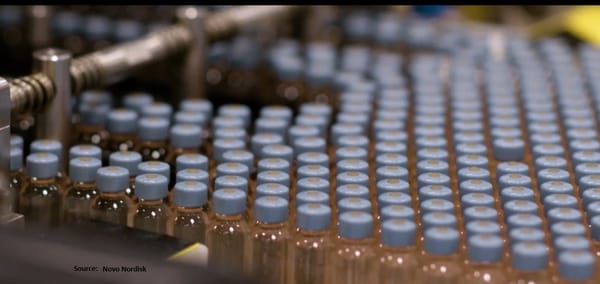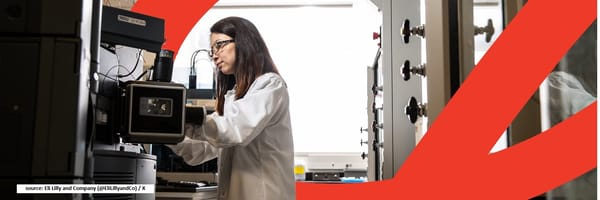Angelini Pharma seeks new drug delivery systems and treatment solutions

The corporation refers to its hunt for novel ways as crowdsourcing, and it will pay at least one cash prize
The "New Drug Delivery Systems and Treatments for Improved Adherence and Better Management of Epilepsy" challenge was announced on June 28, 2024 by Angelini Pharma, a division of Angelini Industries in Rome, marking its second collaboration with Wazoku, an innovation scale-up with a network of over 700,000 problem-solving experts ranging from scientists and pharmacists to CEOs, engineers, and PhD students.
The initial collaboration between Angelini and Wazoku, which initiated a series dubbed the "Open Innovation Challenge," sought solutions for innovative, digital ways to epilepsy discovery (1). Angelini Pharma focuses its research, development, and commercialization efforts primarily on brain health, including epilepsy. Epilepsy, one of the most common neurological illnesses in the world, affects around 50 million individuals and is associated with nearly double the risk of premature death.
However, given that approximately 70% of people with epilepsy respond to treatments that reduce seizures and improve quality of life, new enhancements to existing anti-seizure medications (of which there are currently around 30), drug delivery systems (DDS), and treatments are required to increase compliance.
"Approximately one-third of people with epilepsy struggle to adhere to anti-seizure medications, which is especially difficult for the elderly and children," said Rafal Kaminski, Angelini Pharma's chief scientific officer. "Non-compliance can have catastrophic repercussions, including breakthrough seizures. This low adherence highlights the critical need for more effective treatments that can better meet the different demands of epilepsy patients."
"Open innovation is being used more and more in the pharmaceutical sector, and its potential to solve problems is enormous," said Dino Ribic, an innovation consultant with Wazoku. "We have already completed one successful campaign with Angelini Pharma, and I await eagerly to see what is delivered this time."
According to the challenge's submission page, Angelini is looking for solutions that increase adherence from those who choose to participate, as well as considerations for age, genetics, and any potential side effects or drug-related aspects such as safety, efficacy, pharmaceutical forms, and the optimal dosage.
The winning contribution is guaranteed at least one cash prize of $25,000, with smaller prizes of no less than $5000 potentially available for proposed solutions that partially match the standards outlined.
The "New Digital Approaches to Target Discovery in Epilepsy" challenge, the first collaboration between Angelini and Wazoku, got 28 solution submissions, from which the two firms mutually selected four for rewards. Wazoku stated that it had previously handled more than 2500 tasks and received over 200,000 innovative suggestions.





